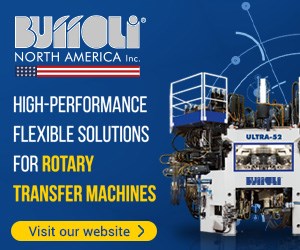Friction Stir Welders Create Consistent Welded Seams
PTG Heavy Industries’ Powerstir range of friction stir welders are an alternative to traditional welding, used primarily for jointing aluminium, magnesium, copper, titanium, steel, lead and zinc in
PTG Heavy Industries’ Powerstir range of friction stir welders work with magnesium alloys of 3-5 mm in thickness, and to tolerances of typically 50 microns. The company is currently assisting automotive OEMs in the production of vehicle battery trays, associated electronics boxes and coolant units, by using its 2D friction stir welding techniques. Using industry standard CNC systems, fitted with PTG Powerstir friction stir welding software, data-logging and multi-axis interpolation, 2D welding can be carried out on accurate tool paths, together with force control to create consistent welded seams.
These machines are used primarily for jointing aluminium, magnesium, copper, titanium, steel, lead and zinc, with the process providing an alternative to traditional welding. It delivers weld quality, mechanical properties, little porosity and the opportunity for reduced wall thickness in many applications.
The process combines frictional heat with forging pressure to produce high-strength joints that are designed to be defect free. Friction stir welding transforms the parent metal from a solid to a plasticized state. This occurs during a process that involves mechanically stirring the materials together to form a high-integrity, full-penetration welded joint.











.jpg;maxWidth=300;quality=90)
